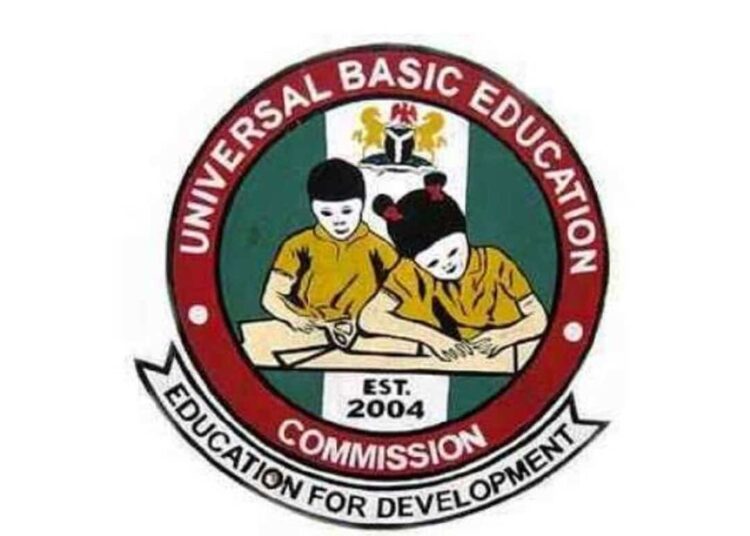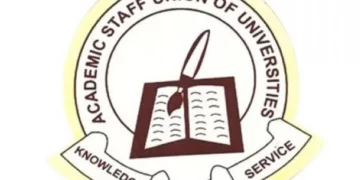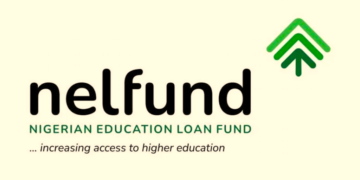The Universal Basic Education Commission (UBEC) has announced plans for a comprehensive deployment of technology to transform basic education delivery across Nigeria.
UBEC’s Executive Secretary, Aisha Garba, disclosed this in Abuja during a media briefing ahead of the 2025 International Conference on Smart Education and Digital Literacy (ICSE 2025), jointly organised by the Commission and the Korea International Cooperation Agency (KOICA).
The three-day conference, started on May 6 to May 9th, has its theme as ‘Empowering African Smart Education Through Emerging Technologies.’
According to Garba, the event is aimed at repositioning Nigeria to align with some other African nations in integrating technology into education.
“For example, Rwanda has been using technology in basic education system for many years. They have reached a level of using AI in their classrooms. For us in Nigeria, we have already started by doing the smart schools, which already many of you are aware of.
“We have about 36 plus one in each of all the states that we have in the country. These smart schools are very high technology advanced with content studio teachers that are already skilled in terms of technology, teaching and learning in classroom,” she said.
Garba emphasized the need to equip basic schools with the infrastructure necessary for a smart education system.
“From the data, it shows that less than 50% of public primary schools in Nigeria have digital technology in their schools.
So for that, in UBEC, it is very important what we are doing, which is trying to shift from the hardware-invested infrastructure to make our schools in basic education, to make it smart technology-enabled, to deploy technology in providing access to basic education across all parts of Nigeria,” Garba added.
KOICA Country Director, Kim Eunsub, emphasized South Korea’s support for Nigeria’s smart education journey through the KOICA Smart School Initiative in collaboration with UBEC.
He noted that the initiative had already facilitated the construction of state-of-the-art smart schools, the training of teachers and administrators, and the sharing of learning resources.
While describing the upcoming conference as a platform to deepen collaboration and build on the progress of the initiative, Kim revealed plans for a second phase of the project to begin in 2026.






